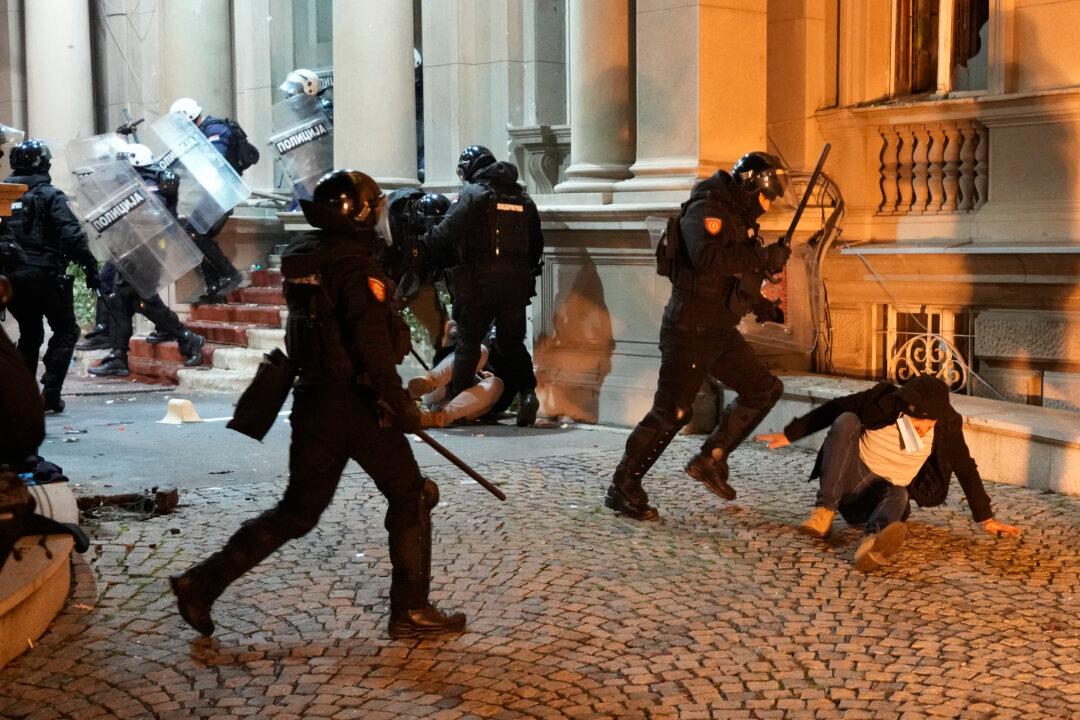Belgrade received a warning from Russia about an alleged Western-led putsch aimed at overthrowing Serbia’s ruling party, according to the country’s prime minister.
“It’s important … to thank the Russian security service, which obtained the information and shared it with us,” Prime Minister Ana Brnabic said in televised comments.





